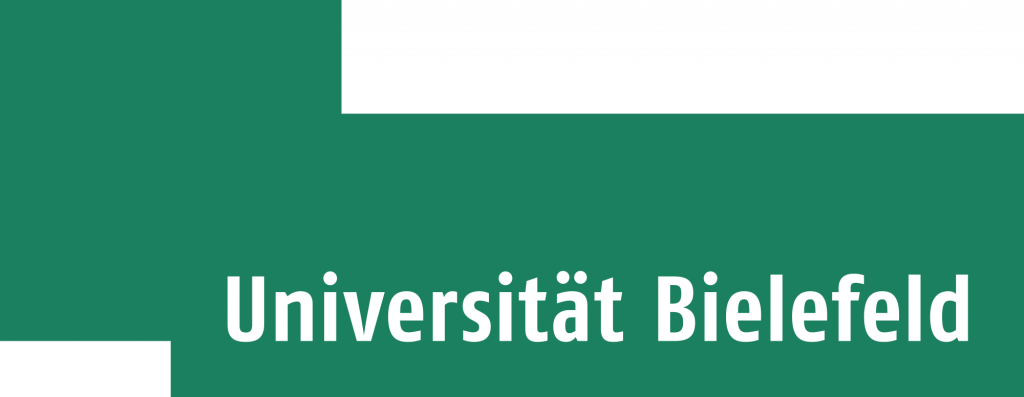
Campus OWL intends to regionally support refugees, who are either interested in studying or have already graduated, in pursuing their academic interests. The project aims to coordinate and connect the existing and planned programmes offered by universities in the region of Eastern Westphalia-Lippe (Ostwestfalen-Lippe, short: OWL). It encompasses linguistic and propaedeutic support in acquiring university access authorisation and further academic qualifications. In order to facilitate access to academia and occupation, more regional projects are to be coordinated alongside. One of the exemplary projects comes from Bielefeld University – “Orientation Courses in Sciences”:
“To continue my studies” – that’s the dream of many refugees arriving in Germany, the same goes for Ahmad from Rakka, Northern Syria. In 2013 in Damascus, Ahmad got his Bachelor’s degree in Pharmacy and he started following a Master’s programme in Microbiology that he never finished because of the war. Since August 2015, he has been living in Germany. His family stayed in Syria except for his brother. Now Ahmad wants to pursue his studies in Molecular Cell Biology at the Bielefeld University. The classes are held in German. Ahmad did not speak German when he left Syria. But today he even helps other refugees in learning the language.
Ahmad was one of the earliest participants in Bielefeld University’s project “Orientation Courses in Sciences” that began in winter term in 2015-16. The programme, designed for refugees interested in studying in academia, provides the opportunity to get in touch with a range of scientific subjects and the academic culture to prepare them for studying in Germany. Attending subject specific classes of personal interest is part of the programme, just as learning German.
In 2015, Bielefeld University organised the first information event called “Studying for refugees.” It quickly became evident that the prospective students had diverse prior academic experiences. Some of them like Ahmad already had a first degree. The others did not have a residence permit and as a consequence, no prospect of taking a state-funded language course. The need for German classes and other supporting offers was apparent and the idea of “Orientation Courses in Sciences” was born.
In April 2016, the second round of the programme began. Already 20 refugees have joined, most of them coming from Syria. Attempts to cover travel expenses to university are made by donations and rideshare opportunities. Some refugees who participated in the programme in 2015 are now doing an internship in companies, at the dentist or in the pharmacy to improve their skills. Others like Ahmad are already on their way to prepare for the required language test – until the dream of studying again comes true.
In addition in September 2016 the Mercator-Refugee Counselling and Integration Team was established.